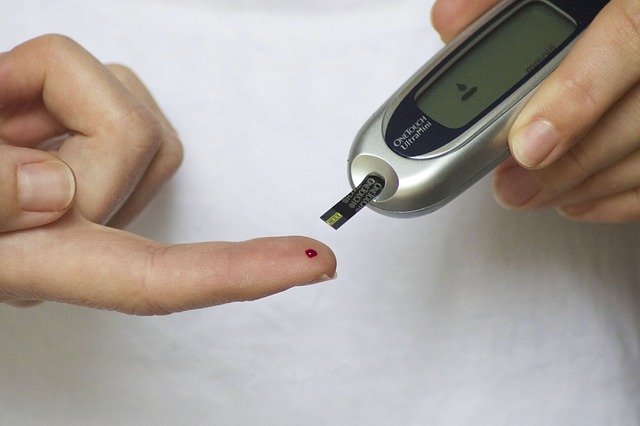Diabetes 101: How to Treat the Pain
Diabetes can cause long-term problems in the body, especially if you don’t control your blood sugar levels. Elevated blood sugar can cause diabetic retinopathy, which damages the nerves that send signals to your hands and feet. This is why you may feel numbness, tingling or burning in your fingers and toes. While damaged nerves can’t be replaced, you can prevent further damage to your other nerves by managing the condition.
Below is some information on how to relieve diabetic nerve pain and stop the progression of nerve damage.
EMG Nerve Conduction Testing
When your muscles are weak or sore and you can’t figure out why, there are a few tests that can be completed to give you some clarity. One of these tests are electromyography (EMG) nerve conduction testing. This test measures how well your muscles respond to signals coming from the brain.
Eat a Nutritious Diet
When you have diabetes, it’s important to eat a healthy, well-balanced diet. The purpose of a healthy diet is to level your blood sugar levels and maintain a healthy weight. Focus on eating lots of veggies, whole grains, lean protein, low-fat dairy and healthy fats. This Mediterranean-style diet is also good for your heart and can help with pain management!
You don’t have to give up carbohydrates completely, but you’ll want to choose them wisely. High-fiber, slow-releasing carbs are digested more slowly and prevent your body from producing too much insulin. Things you’ll want to avoid are hidden sugars and refined carbohydrates because they cause a rapid spike in blood sugar.
Manage Your Blood Sugar
Eating a nutritious diet keeps your blood sugar levels stable and your nerves healthy. But, there are other ways to manage your blood sugar besides healthy eating. Exercise regularly to lose weight and increase insulin sensitivity. This allows the cells to use the sugar in your bloodstream more effectively.
A few other things you can do include:
- Reduce carbs, increase fiber
- Drink plenty of water
- Manage portion sizes
- Control stress levels
- Get enough rest at night
Try Physical Therapy
Physical therapy can be extremely helpful in treating diabetic pain. Low-impact exercises are most effective, such as swimming, hiking or yoga. These types of exercises are gentle on the nerves and will protect them from going numb. When choosing a physical therapist, make sure they have experience working with people who have diabetic nerve pain.
Take Proper Care of Your Hands and Feet
Since most diabetic nerve pain occurs in the hands and feet, it’s important that you take proper care of them. Wear comfortable shoes that give your feet room to breathe. If you have limited feeling due to nerve damage, check your feet every day for cuts, sores and swelling. Wash your feet each day, dry them and apply lotion.
Use Medication
There are a number of medications you can take to manage nerve pain. Talk to one of our pain management doctors who specialize in nerve pain to determine which medications are right for you. Some of the most widely used treatments are
- Medication: All non-opioid
- Gabapentin
- Lyrica
- Cymbalta
- Over-the-counter pain relievers
- Antidepressants
- Anti-seizure drugs
- Capsaicin cream
The best way to prevent nerve pain and damage is to monitor your blood sugar levels and follow your pain management doctor’s advice when it comes to diet, exercise and medicine. If you feel that your diabetes can be better managed, schedule an appointment with Jersey Rehab. With qualified doctors and four convenient locations, we can help you get back on your feet again – literally!

